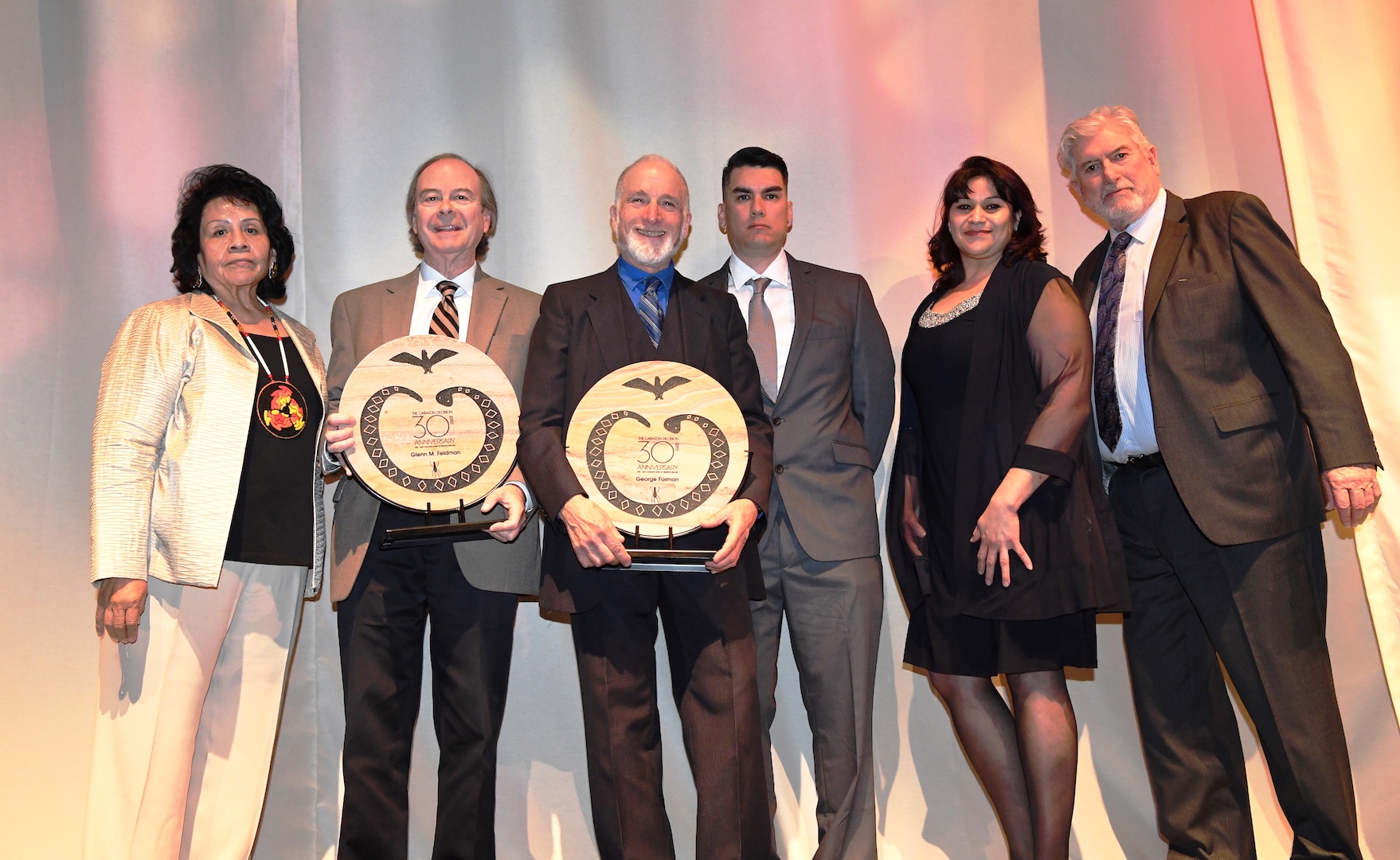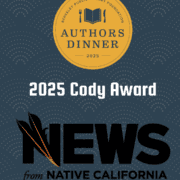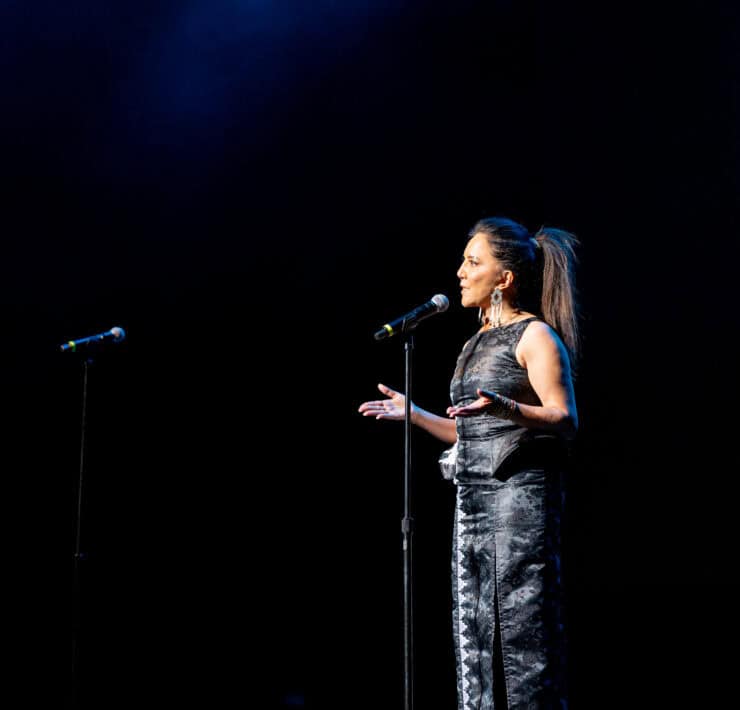
Tribes celebrate the California v. Cabazon decision
By Terria Smith
The year 1987 was historical and monumental for California tribes, as well for tribes across the nation. It was from that year on that sovereignty prevailed and many tribes were able to become fully economically self-sufficient with the U.S. Supreme Court ruling in favor of the Cabazon Band of Mission Indians in the California v. Cabazon case.
In the years leading up to the case, several tribes across the state were operating bingo at halls on the reservation – something that had been done years prior by non-tribal entities without issue, said attorney George Forman who represented the Morongo Band of Mission Indians during the case.
“Tribes looked around and saw that the American Legion and churches were offering bingo and decided they could do it too,” Forman said. “(Tribes) were testing what was and wasn’t a criminal activity. Bingo was permitted in every state of the union, except Utah and Hawaii.”
To make gaming more attractive, the tribes began offering high stakes bingo and poker more frequently with larger prizes, he said.
Current Morongo Tribal Chairman Robert Martin was leading his tribe at the time and was involved in the early days of getting the bingo hall to the large-scale hotel and casino that it is today. At the time, Chairman Martin said the main focus was to provide jobs for tribal members.
“If I go back even past the 80s, we didn’t even have a very big clinic there at the time,” Martin said. “And a lot of our people did work at the clinic. But a lot of the men had to either work down in the desert in construction or whatever else they could find. Unemployment was high. I read a statistic once that it was up to 75 percent.”
But problems arose when state and county law enforcement started shutting down tribal gaming operations, citing that they were in violation of Public Law 280 – which applies to tribes in 6 states. The law gives the respective states criminal law jurisdiction over reservations. The Cabazon Band of Mission Indians and the Morongo Band of Mission Indians were both impacted by this action and thus fought the matter in federal court.
“We always felt that we were right,” Martin said. “But we knew that the courts may not agree with us. We overwhelmingly got support with (Propositions) 5 and 1A with the California public. Some of the bigger tribes were worried that if we lost this case that it was going to be a setback for tribal sovereignty across the board. And you know the Supreme Court hasn’t traditionally been helpful to tribes.”
The challenge ahead of the tribes was a great one. As related cases put forth by tribes including the Agua Caliente Band of Cahuilla Indians and the Rincon Band of Luiseño Indians had previously lost in court.
“There was some judicial resistance to be overcome,” Forman said. “It was a major challenge because the scope of criminal jurisdiction was in the process of being defined in a series of lawsuits.”
As it turned out, the U.S. Supreme Court ruled in favor of the tribes. It held, as the Cabazon band had argued, that because California State law did not prohibit gambling as a criminal act (as it had it’s own state lottery) they must be deemed regulatory in nature. As such, the authority to regulate gaming activities on tribal lands was found to fall outside those powers granted by the criminal regulatory nature of Public Law 280.
This ruling opened the door to tremendous economic opportunity and progress for tribes.
“Because of gaming we were able to improve our water system, the wastewater treatment plant that we have today,” Chairman Martin said. “We were able to pave the roads, and eventually took them back from the county. Now we oversee those roads and keep the upkeep with them through our public works department. So, the tribe has grown like a city almost. Although we don’t have grocery stores or things like that. But a lot of people are moving back to the reservation.”
Tribal Chairman Doug Welmas from the Cabazon Band of Mission Indians said the benefits have been major for his reservation as well.
“This decision brought brought infrastructure, homes, healthcare, all of the things that tribes weren’t able to do before,” he said. “Plus we’re able to take care of the community.”
On Saturday, February 25 of this year (the very day that the ruling was made 30-years-ago) the Cabazon Band of Mission Indians hosted a major celebration in honor of the monumental decision at their events center. An estimated 800 people were in attendance to commemorate the anniversary. Attorneys Glenn Feldman, Forman, as well as Barbara Karchmer received special recognition during the ceremony for representing the tribes and prevailing victoriously in the case. The evening ended with a special performance by R&B artist Mary J. Blige.
Today, due to the expansion of tribal gaming that the Cabazon decision allowed for, it has become a $29 billion industry that is generated over 350 reservation casinos in 28 states.
“It’s pretty awesome. It’s pretty big for Native Americans to be able to take care of themselves. Because back in the day, the government didn’t take care of us, didn’t help us at all. So this decision helped us and people recognize that,” Chairman Welmas said.











